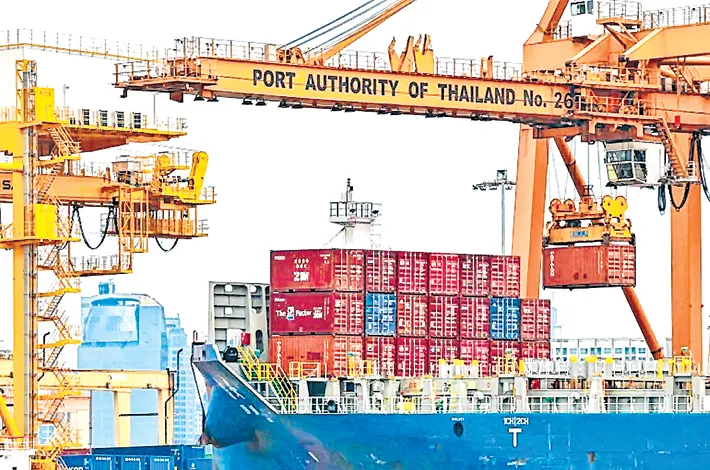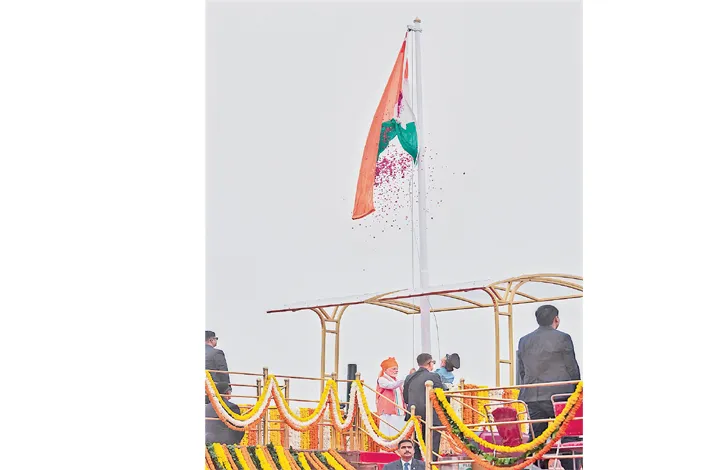Don’s Asean crackdown set to boost China trade
07-08-2025 12:00:00 AM

40% US tariff on transshipped goods can better Beijing’s position as manufacturing hub, spur exports
Southeast Asia’s export-driven economies are facing new uncertainty from US President Donald Trump’s trade war, as his administration cracks down on exports directed through third countries to avoid his tariffs on China.
Under an executive order issued by Trump last week, goods imported into the US face a punitive 40% tariff, plus penalties and any applicable country-of-origin duties, if US Customs and Border Protection determines they have been “transshipped”.
Ironically, the new tariffs, set to go into effect on Thursday, has positioned China as a more attractive manufacturing hub.
Manufacturers and exporters, grappling with steeper costs in alternative hubs, are now rethinking the shift away from China, where production has remained cheaper, smoother, and more reliable.
Bryant Chan of the Hong Kong-based equipment manufacturer Wynnewood Corp said his firm began shifting some orders from China to Indonesia to de-risk supply chains, but the move is proving costly, reported the Financial Times. “It’s kind of a double whammy,” Chan said. “We’re losing on both sides.”
Under Trump’s latest tariffs, Singapore is subject to a 10% rate, while Malaysia, Thailand, Cambodia, Vietnam and Indonesia are subject to rates of 19 or 20% – less than the 30% rate proposed for China under the White House’s latest tariff framework.
Trump’s transshipment tariff potentially eats into that advantage.
“Trump’s tariffs make it cheaper to make in China. Chinese manufacturers rethink south-east Asia pivot after Donald Trump’s tariffs,” posted Nikkei Asia journalist Ken Moriyasu on X. “This is a terrible outcome and the opposite of what the administration intends,” he said.








